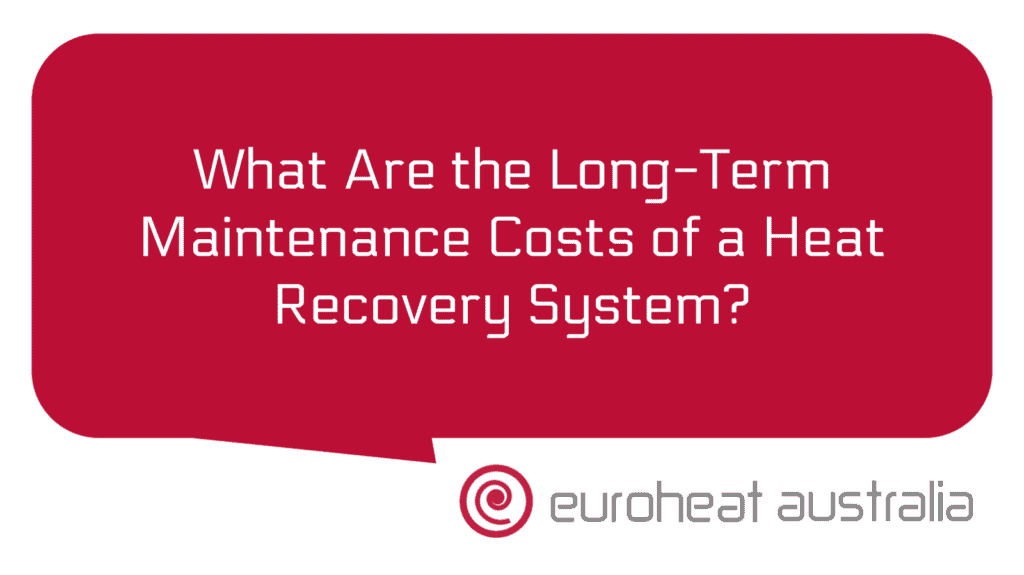Calculating the heat output needed for your radiators is essential in getting the most efficient and cost-effective result for your home heating. In this article, we’ll look at what you need to consider when selecting the right kind of radiator and how to calculate the heat output you’ll need. We’ll also touch on the benefits of installing radiator heating, as well as some cost-saving ideas with Euroheat Australia, Perth’s experts in hydronic heating and cooling systems.
When it comes to choosing a radiator, there are a few factors that need to be taken into account. Firstly, consider the size and shape of your room; this will determine how many radiators you’ll need and how much heat output each one will require. Then think about where they’ll be placed; if you install them near windows or doors then you’ll have to factor in any additional heat loss through those areas. Finally, decide on a style that fits in with your home’s interior design.
Once these things have been taken care of, it’s time to calculate the heat output each radiator will require. This can be done using a simple formula:
Heat Output (in watts) = Room Volume (in cubic metres) x Temperature Difference (°C) x 1.2
So for example, let’s say you have a room that measures 4m x 5m x 2m high (40 cubic metres). If you want it heated from 18°C to 21°C then your required heat output is:
40 x 3 x 1.2 = 144 watts
When buying a radiator, always check its wattage rating; this will give you an indication of how much heat it can produce. Keep in mind that there needs to be enough headroom between the wattage rating and what you actually require in order to ensure efficiency and cost-effectiveness. For instance, if your calculation comes out at 120 watts but the radiator has a 200 watt rating then there’s room for some energy savings by using lower temperatures or turning it down when not needed. It’s also important to factor in any existing insulation levels; if your home is well insulated then less energy will be required for heating purposes than if it isn’t insulated at all. If possible try to get an energy audit done before making any decisions about radiators and other heating solutions – this can save you money by helping identify areas of improvement such as insulation levels or air leakage points which can affect costs significantly over time.
Now let’s look at the benefits of installing radiators as opposed to other types of heating systems such as gas or electric convection systems:
Firstly, they are often cheaper than gas or electric convection systems due to their lower running costs; this means that they are ideal for people looking for cost-effective ways of keeping their homes warm during winter months without breaking the bank! Secondly, because radiators don’t rely on air movement like other forms of heating do they provide more consistent temperatures throughout rooms – meaning no more cold spots! Thirdly, if properly maintained they can last for up to 20 years so not only do they provide great value upfront but over time too! And finally, because they don’t require any ductwork installation costs are kept down even further – making them perfect for those on tight budgets who still want an efficient form of home heating!
Euroheat Australia offer design and installation services with over 30 years experience specialising in hydronic heating and cooling systems – ideal if you’re looking for something more bespoke than just buying off-the-shelf products from stores! Their expert engineers & installers can help ensure maximum efficiency while saving money on energy bills – something we all want right now! Plus with their free consultation services available online there’s no excuse not to get advice before taking any big decisions when it comes to home renovations or new builds!
In conclusion – calculating the right amount of heat output needed for each radiator is essential in getting an efficient result whilst saving money too! With Euroheat Australia’s experienced engineers & installers on hand offering design & construction services tailored specifically towards hydronic heating & cooling systems plus free consultations available online – there really has never been a better time than now when it comes investing into long lasting solutions that offer great value both upfront and over time!





